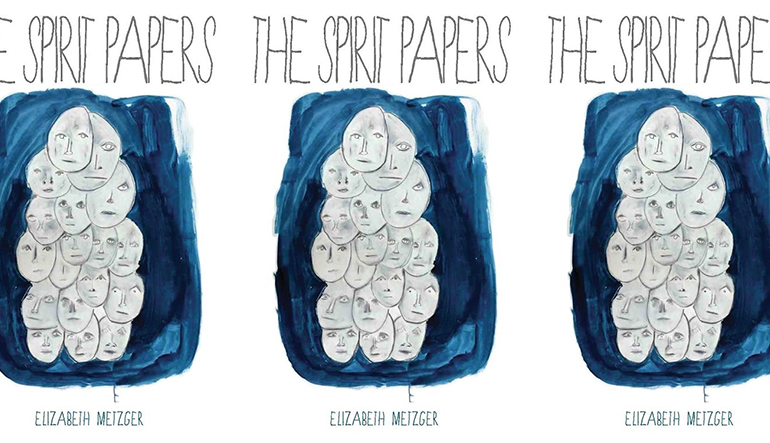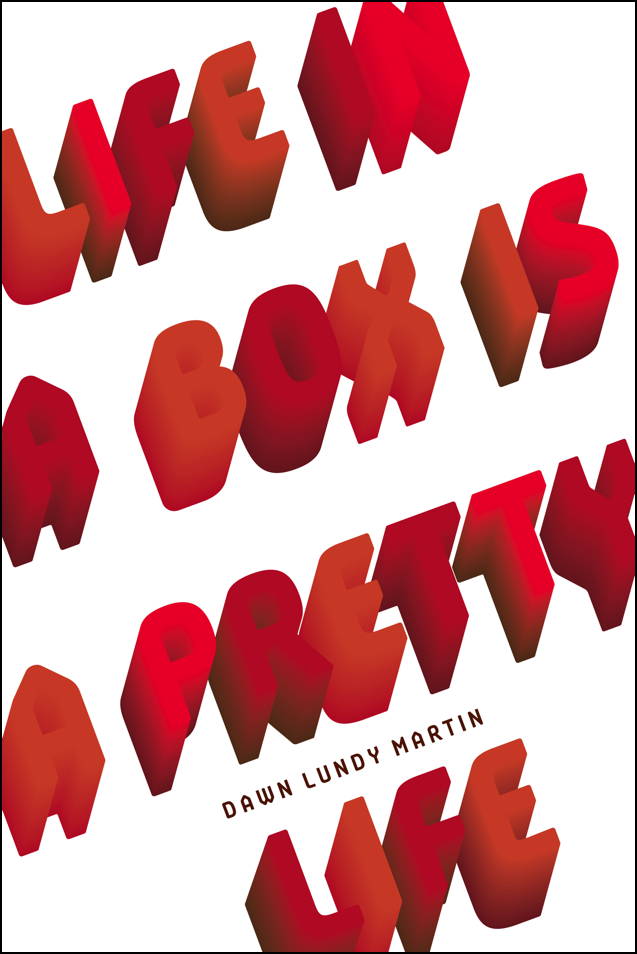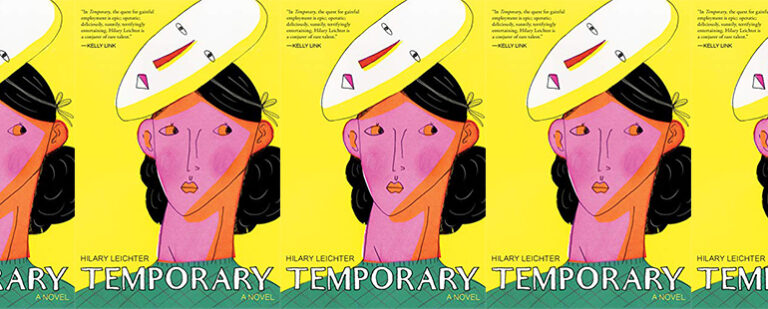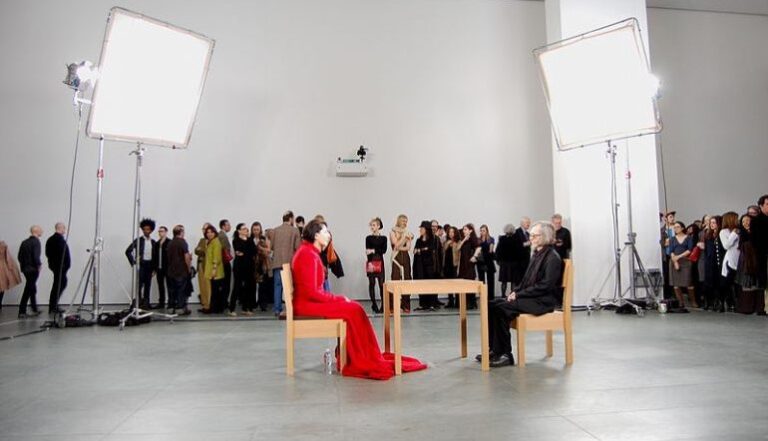Review: THE SPIRIT PAPERS by Elizabeth Metzger

The Spirit Papers
Elizabeth Metzger
2016 Winner of the Juniper Prize in Poetry
University of Massachusetts Press; January 2017
92 pp; $19.95
Reviewed by Matthew Lippman
The synchronicity of things. That documentary, Crossfire Hurricane, about The Rolling Stones. Keith Richards’ heroin addiction all over the celluloid. Oh, beautiful death. Oh beautiful needle. Fifteen minutes after it’s over, my eyes blazing with rock ‘n’ roll stupidity, I pick up Elizabeth Metzger’s debut collection, The Spirit Papers, winner of the Juniper Prize for Poetry, and open to the poem “Dan’s Dog Ate The Needle.” It’s a different kind of needle, of course, the dog no smack addict, attracted, as it was, to the pink thread that the sewing tool was attached, but the punch of the poem does the same thing to me as Keith’s guitar on “Gimme Shelter” or, better yet, “Tumbling Dice.” It’s the opening of the poem that shudders me full of warmth, “Dan’s dog ate a needle, swallowed it off my second story adulthood…” All this beautiful rhythm and funkiness. All this interesting vision and mystical presence. What is, “the second story of adulthood?” It’s that place, I imagine, where people begin to die. The poem, like many of the poems in The Spirit Papers, are about loss and beauty, about leaving the spirit and embracing the spirit, about being left with what is ephemeral and ethereal long after the body has been abandoned.
Needless to say, needles and all, I’m so far in I wonder if she should have started the collection with “Dan’s Dog Ate The Needle.” So, I flip to the first poem, “Cellar Below Heaven,” and realize, no. This book is a book about heaven. It’s about the collection of human connections and love that make a heaven. In that case, The Spirit Papers is its own little immaculate heaven. It’s dedicated to the recently deceased poet Max Ritvo. It begins with a Donne epigraph, “To go to heaven, we make heaven come to us.” This is what Metzger has done for herself, for us, you and me and they and we—made a heaven come to us in the specter of these poems. In the opening tome she writes:
I dog ear my days towards you,
pulling a javelin out of a see-through star.
I watch you and all the occluded onesfile out of the night
and toward measking how I know it is a star
given its clarity.
Heaven, right here on earth, in the spirit of the spirit-words of Metzger’s vision. Really, these are spirit-words. These poems enter the body to address what is not seen, what can’t be touched, but wants so desperately to be held. It’s that sublime element that lives in the spaces between. Feel it in “Small Talk With Imagined Son.” She writes:
When the dialogue of one God
is split and distributed among humans.I’d rather you be dumb
than electricI hear you sobbing for me
like a grown-up man
deep in the loins of a white-walled obsession.See, I’m afraid reciting every lord’s and post-
lord’s prayer.
Here’s the thing. These poems are both the prayer and the other side of the prayer. If it all goes back to music, the whole enterprise of trying to bond with that elusive power, that energy that blows us apart into the delirious horror and beauty of living, then Metzger’s work gets as close to that as any other thing that I have come in contact with. Yes, I can feel it in The Stones’ “Heaven,” in Mahalia Jackson’s singing when she can’t utter words anymore and resorts to the moan, the wail, to express the deep emotional energy in her body that has to break forth into the ether. Metzger’s work is just like all of these things, and, as well, the poetry of Merton, Rilke, and Sexton. Her imagination is a refined, ocular laser beam of love. It’s a Keith Richards-in-between-the-beat raw heat that gets at the heartbreak and sweetness of loss, separation, and renewal. The spirit alive.
This is a great first book of poetry.
It is a heaven.
Matthew Lippman is the author of four poetry collections—The New Year of Yellow (winner of the Kathryn A. Morton Prize, Sarabande Books), Monkey Bars, Salami Jew, and American Chew (winner of the Burnside Review of Books Poetry Prize). He is the recipient of many awards including a New York State Fine Arts Grant, and Jerome J. Shestak Poetry Prize from American Poetry Review.


